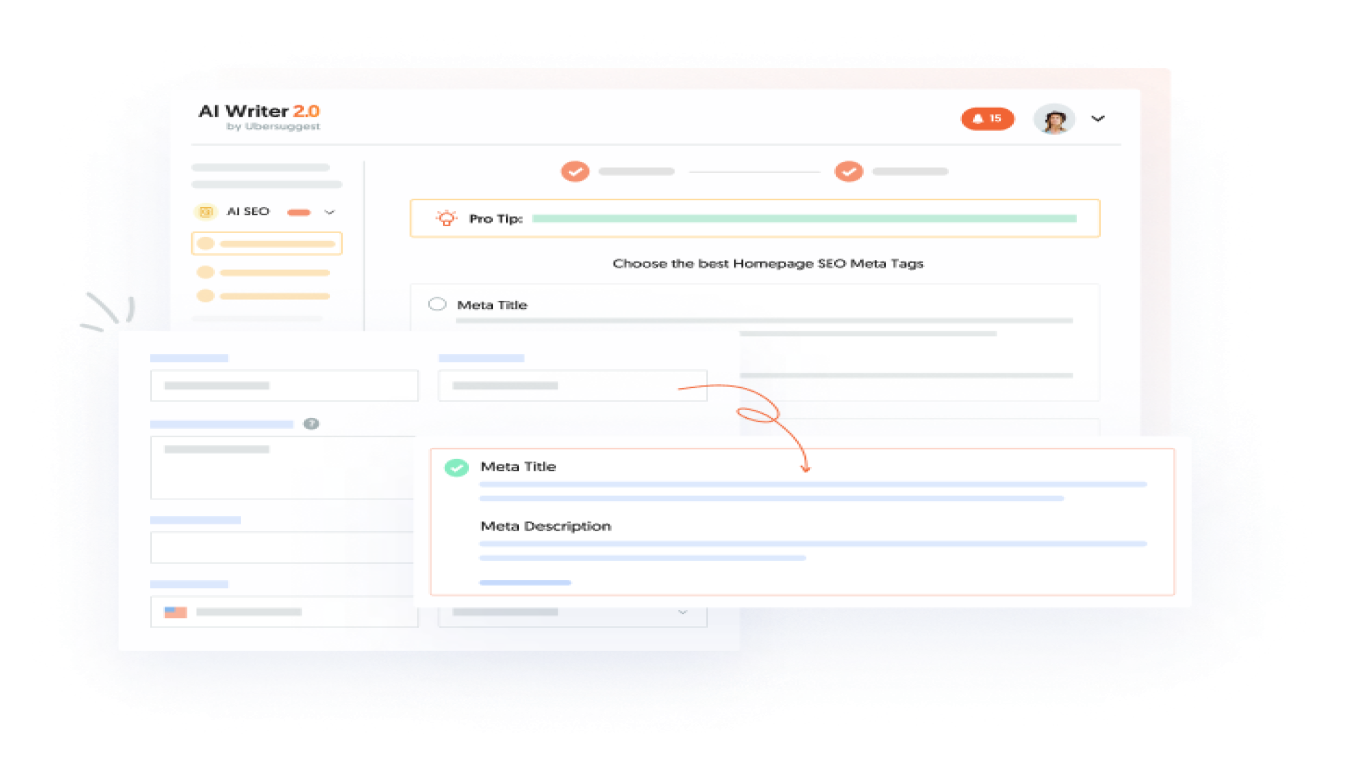SEO Website Meta Tag Optimization
SEO Website Meta Tag Optimization: Your Ultimate Guide to Boosting Online Visibility
If you're looking to make your website shine on search engines, you can't ignore the power of SEO Website Meta Tag Optimization. These magical snippets of text might sound complicated, but mastering them is a game-changer for your online presence. Let's dive deep into this process and explore how you can make your website stand out!
What Are Meta Tags and Why Are They Important?
Before we get into the nitty-gritty, let's start with the basics. Meta tags are snippets of text that describe a page's content. They're crucial because search engines use them to understand the content of a webpage. Without effective meta tags, your website could remain hidden in the vast ocean of the internet.
The Different Types of Meta Tags You Need to Know
When it comes to SEO Website Meta Tag Optimization, there are several key types of meta tags you should focus on:
- Title Tag: This appears as the clickable headline for a search result. It's one of the most important meta tags for SEO.
- Meta Description: This is a brief summary of a page's content underneath the title tag in search results.
- Meta Keywords: Although their importance has declined, they're still a part of the SEO toolkit for some marketers.
- Robots Meta Tag: This tells search engines what to do with a webpage, like whether to index it or follow the links on it.
Crafting the Perfect Title Tags for SEO Success
Title tags are like the marquee of a website page; they set the stage for both search engines and users. For optimal results:
- Keep it concise: Aim for 50-60 characters.
- Use keywords wisely: Place your primary keyword close to the beginning.
- Make it relevant and compelling: Ensure it reflects the content accurately and attracts clicks.
Writing Meta Descriptions That Drive Click-Through Rates
While not directly affecting rankings, a well-crafted meta description can significantly improve your website's click-through rate (CTR):
- Aim for 150-160 characters for best results.
- Use a call-to-action (CTA) to engage users.
- Include the primary keyword naturally.
- Remember, your meta description is your first impression on searchers—make it count!
The Role of Meta Keywords in Modern SEO
Once a mainstay of SEO strategy, meta keywords have largely fallen out of favour with search engine algorithms. However, understanding their history can aid your comprehension of SEO evolution:
- Google ignores them, but some smaller search engines might still use them.
- It's okay to include them but don't over-stuff.
Using Robots Meta Tags to Control Search Engine Behavior
Consider robots meta tags as the gatekeepers of your site, controlling what search engines can or cannot do:
- The "index" tag allows search engines to index a page.
- The "noindex" tag prevents a page from being indexed.
- "Follow" directs search engines to follow links on the page, while "nofollow" prevents it.
Best Practices for Dynamic Meta Tag Optimization
- Regularly review and update tags: Keep your meta tags up to date with your content changes.
- Use unique meta tags for each page to avoid content cannibalization.
- Ensure keyword relevance and avoid keyword stuffing at all costs.
Common Mistakes to Avoid in Meta Tag Optimization
Even seasoned SEO experts can fall into traps:
- Ignoring mobile optimization: Ensure tags are optimized for mobile users.
- Overlooking page loading speed: Slow pages diminish the power of good meta tags.
- Forgetting to analyze and test: Regularly test and tweak tags for best performance.
Leveraging Advanced Tools for Meta Tag Optimization
Incorporate these tools for efficient SEO Website Meta Tag Optimization:
- Yoast SEO: Great for WordPress users to manage and analyze tags.
- SEMrush and Ahrefs: Offer detailed insights into how your meta tags are performing.
- Google Search Console: Use this for direct information from the horse's mouth—literally Google!
How SEO Website Meta Tag Optimization Influences Overall SEO Strategy
Your SEO Website Meta Tag Optimization strategy influences your site's entire SEO plan by:
- Improving user experience: By providing clear, relevant information.
- Enhancing search engine understanding: Ensuring your content is indexed and ranked appropriately.
- Boosting brand perception: Well-crafted meta tags reflect professionalism.
Conclusion: The Impact of Effective Meta Tag Optimization on Your SEO Journey
In a nutshell, SEO Website Meta Tag Optimization is not just an option. It's a necessity for anyone serious about improving their search engine rankings and online visibility. By meticulously crafting your meta tags, harnessing effective tools, and adopting best practices, you can turn the digital tide in your favor, gaining more visibility and driving more traffic to your website.
Frequently Asked Questions
-
Do meta tags still matter for SEO in 2023? Yes, while some may have reduced significance, many meta tags like title tags and descriptions still play a crucial role in SEO.
-
How often should I update my meta tags? Regular updates are recommended, especially when there are changes in content or SEO strategy.
-
Can meta tags improve CTR (Click Through Rate)? Absolutely! Compelling meta tags can drive clicks from search results to your site.
-
What are the character limits for title tags and meta descriptions? Title tags should be around 50-60 characters, and meta descriptions should be about 150-160 characters.
-
Are meta keywords still relevant today? Meta keywords have lost importance with Google, but understanding them can still provide insight into SEO strategies.
By implementing the tips and insights shared here, you're well on your way to mastering SEO Website Meta Tag Optimization and enhancing your website’s visibility on search engines. Happy optimizing!
#seotools #metatagoptimization #websiteseo #searchengineoptimization #optimizationguide
